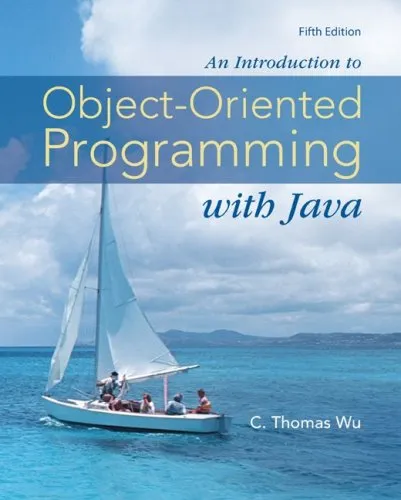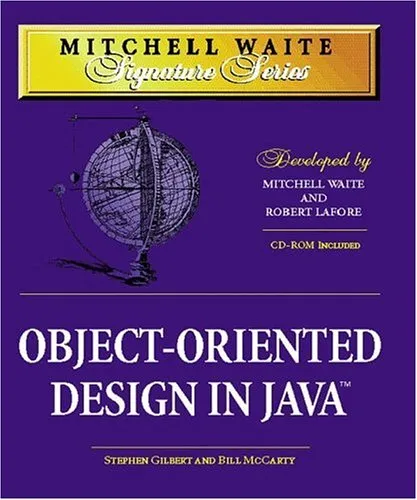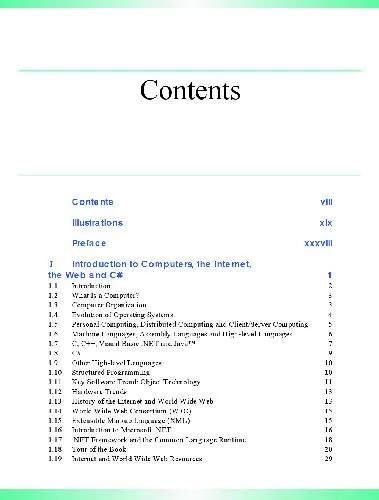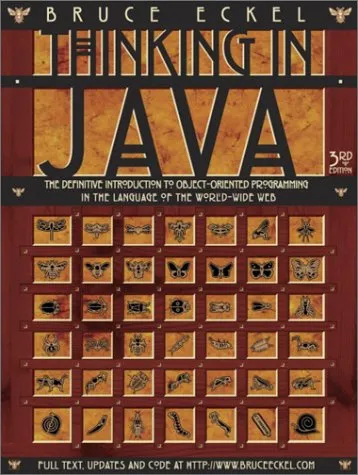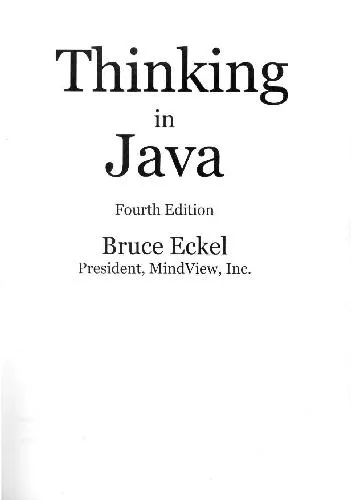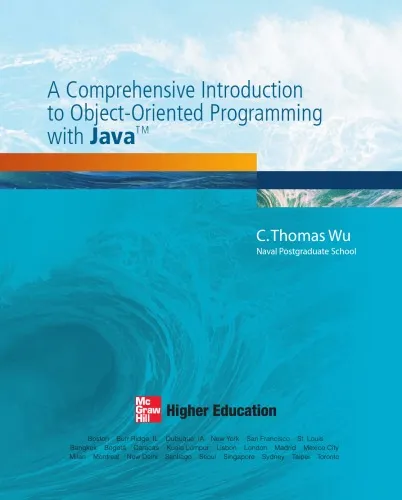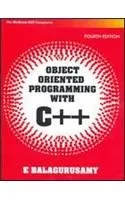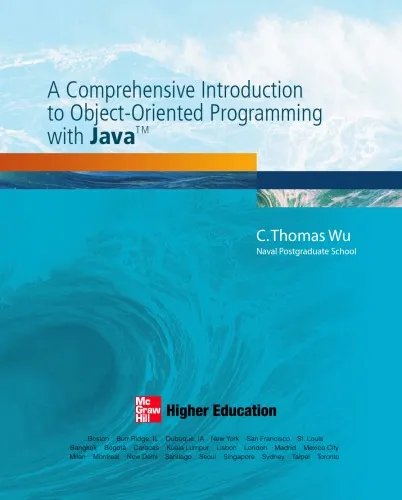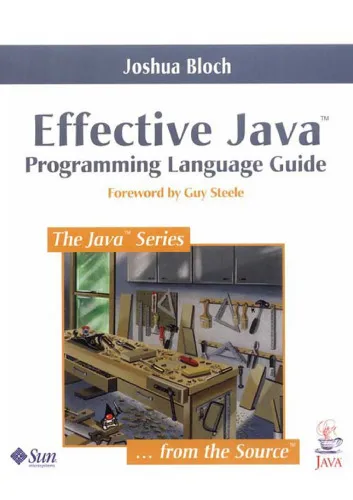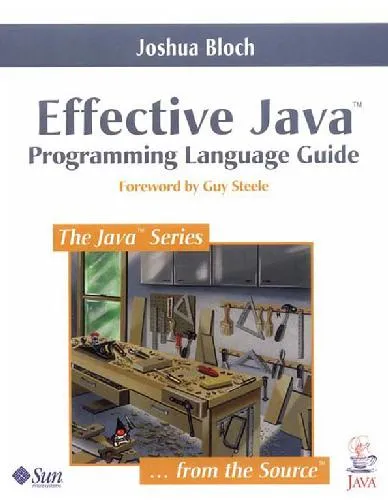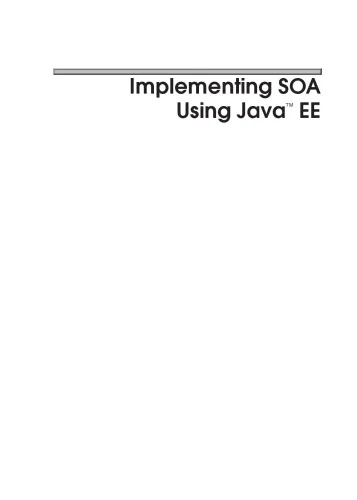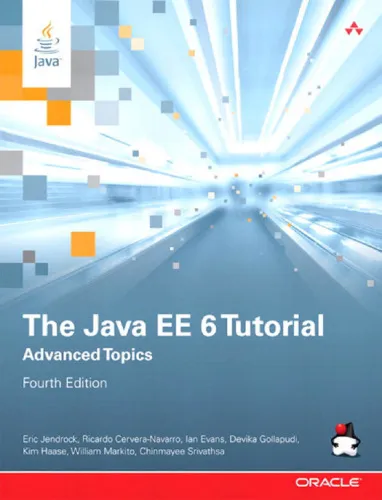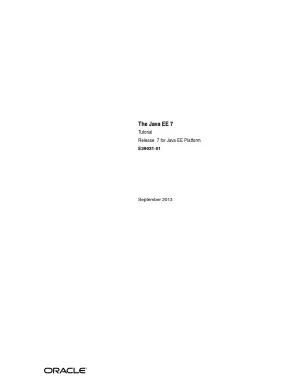An Introduction to Object-Oriented Programming with Java
4.5
Reviews from our users

You Can Ask your questions from this book's AI after Login
Each download or ask from book AI costs 2 points. To earn more free points, please visit the Points Guide Page and complete some valuable actions.Related Refrences:
Introduction to 'An Introduction to Object-Oriented Programming with Java'
"An Introduction to Object-Oriented Programming with Java" is a comprehensive and well-structured textbook for both novice and intermediate learners who seek a deeper understanding of object-oriented programming concepts using Java as the implementation medium. Written by C. Thomas Wu, the book carefully integrates conceptual clarity, practical examples, and a hands-on approach to ensure that students not only learn the theoretical aspects of programming but also gain the confidence to implement these concepts in real-world scenarios.
The book is especially suitable for computer science students, professionals looking to brush up on their programming skills, and anyone transitioning from procedural to object-oriented paradigms. Throughout the book, C. Thomas Wu emphasizes problem-solving skills, making it a valuable resource for those who wish to master the intricacies of Java programming in an object-oriented framework. Let’s dive deeper into what this book offers and why it holds a unique place in the world of programming education.
Detailed Summary of the Book
"An Introduction to Object-Oriented Programming with Java" is divided into several chapters, each building upon the prior knowledge to offer a seamless learning experience. The book introduces object-oriented principles such as classes, objects, inheritance, polymorphism, and encapsulation in a well-paced and easy-to-understand manner. The extensive use of diagrams, illustrations, and real-world analogies ensures that complex topics become accessible and relatable for students.
One of the standout features of the book is how it intertwines Java with object-oriented concepts. Readers first learn the syntax and foundational structure of Java before delving into more complex constructs like abstract classes, interfaces, anonymous classes, and generics. In addition, the book places a strong emphasis on proper software development practices, including design principles and debugging techniques.
Each chapter concludes with a collection of well-crafted exercises that encourage students to apply what they have learned. Programming examples are abundant throughout the book, allowing learners to visualize concepts in action. The inclusion of real-life case studies and programming problems further enhances the book’s practical value.
Key Takeaways
- Comprehensive introduction to object-oriented programming principles such as encapsulation, inheritance, and polymorphism.
- Step-by-step integration of Java programming with the object-oriented paradigm.
- Hands-on exercises and examples to solidify understanding and foster implementation skills.
- Insights into debugging, proper coding practices, and problem-solving techniques.
- Application of object-oriented concepts to larger, real-world software projects.
- Well-structured explanations of advanced topics like exception handling, threads, and generics.
Famous Quotes from the Book
Though a programming textbook may not seem like a regular source of quotable insights, C. Thomas Wu’s writing offers practical yet profound statements about programming and learning in general. Here are some notable quotes from the book:
"Object-oriented programming is not merely a set of rules to memorize; it is a way of thinking about problems and solutions."
"Java serves not just as a programming language but as a lens through which we can explore and understand the object-oriented paradigm."
"Understanding the problem fully is as crucial as coding the solution. Remember, good programmers are good problem solvers."
Why This Book Matters
In today’s technology-driven world, programming has become an indispensable skill. While many resources are available for learning programming, few provide the clarity, depth, and practical focus that "An Introduction to Object-Oriented Programming with Java" offers. This book bridges the gap between abstract theoretical knowledge and real-world implementation by emphasizing not only the 'how' but also the 'why' behind programming concepts.
What sets this book apart is its ability to adapt to different learning levels. Beginners appreciate the author’s clear, step-by-step guidance, while more experienced programmers value the thorough exploration of advanced programming concepts. Furthermore, the book’s focus on object-oriented design prepares readers for industry-standard programming practices, making it an invaluable resource for aspiring software developers.
By providing strong foundational knowledge and promoting effective problem-solving skills, the book helps readers build confidence in programming, enabling them to tackle increasingly complex and meaningful projects. For anyone eager to excel in object-oriented programming or develop professional-grade Java applications, this book is an essential guide.
Free Direct Download
You Can Download this book after Login
Accessing books through legal platforms and public libraries not only supports the rights of authors and publishers but also contributes to the sustainability of reading culture. Before downloading, please take a moment to consider these options.
Find this book on other platforms:
WorldCat helps you find books in libraries worldwide.
See ratings, reviews, and discussions on Goodreads.
Find and buy rare or used books on AbeBooks.
1439
بازدید4.5
امتیاز0
نظر98%
رضایتReviews:
4.5
Based on 0 users review
Questions & Answers
Ask questions about this book or help others by answering
No questions yet. Be the first to ask!
